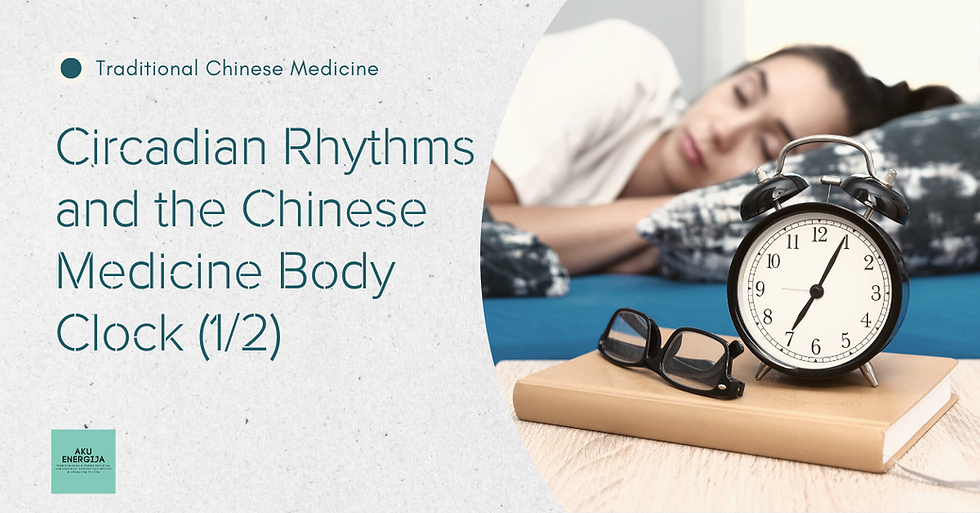Risk of intermittent fasting should not be ignored
- Aku Energija
- Apr 26, 2024
- 3 min read
Time-restricted eating is a popular dietary approach that restricts eating to a specific time window each day, typically around 8 to 12 hours. In a recent study presented at the American Heart Association conference, researchers investigated the association between time-restricted eating and the risk of death from cardiovascular disease. Even though the study is not yet peer-reviewed and the study focused only on eating hours by questionnaire rather than long-term observational research, the study's findings shed light on the potential risks associated with this eating pattern and its impact on cardiovascular health.

Understanding Time-Restricted Eating
Time-restricted eating, also known as intermittent fasting, has gained popularity in recent years as a potential strategy for weight loss and improving heart health. This approach involves limiting the hours for eating to a specific number of hours each day, which may range from a 4- to 12-hour time window in 24 hours. Many people who follow a time-restricted eating diet follow a 16:8 eating schedule, where they eat all their foods in an 8-hour window and fast for the remaining 16 hours each day.
Advocates of time-restricted eating suggest that it may help regulate blood sugar levels, improve insulin sensitivity, and promote weight loss by reducing overall calorie intake.
8-Hour Time-Restricted Eating Might Be Linked to a 91% Higher Risk of Cardiovascular Death
The study aimed to evaluate the potential long-term health impact of following an 8-hour time-restricted eating plan. To do this, the researchers looked at a group of over 20,000 adults, with an average age of 49 years, who answered questions about their dietary patterns for the annual 2003-2018 National Health and Nutrition Examination Surveys. Study participants were followed for a median length of 8 years and a maximum length of 17 years.
The findings of the study revealed a concerning association between time-restricted eating and cardiovascular mortality. Participants who reported following an 8-hour time-restricted eating pattern had a 91% higher risk of cardiovascular death compared to those who did not practice this type of fasting. These findings underscore the importance of considering the potential risks and benefits of dietary practices, including time-restricted eating, on cardiovascular health.
While the exact mechanisms underlying the association between time-restricted eating and cardiovascular death remain unclear, several potential explanations have been proposed. Trista Best, MPH, RD, LD, suggests that prolonged fasting periods may contribute to metabolic dysregulation, including insulin resistance, elevated blood sugar levels, and increased inflammation, all of which are risk factors for cardiovascular disease. Additionally, restrictive eating patterns may result in nutrient deficiencies or imbalances, further impacting cardiovascular health. [2]
TCM View on Intermittent Fasting
In our previous article Circadian Rhythms and the Chinese Medicine Body Clock (2/2) we explained how Qi (vital energy) travels through the body’s internal organ system in a cyclic ebb and flow. This understanding underscores the importance of aligning our daily activities – including eating, working, exercising, and sleeping – with the optimal hours dictated by the Chinese Body Clock to maximize our overall well-being.
Central to Traditional Chinese Medicine (TCM) is the concept of the Spleen governing 'transportation and transformation'. Essentially, the Spleen is responsible for converting the food we consume into vital energy and distributing it throughout the body. When the Spleen's function is compromised, the body struggles to absorb nutrients efficiently, resulting in cascading effects on overall health. Consistency in meal timing is key, as the Spleen thrives on routine, emphasizing the importance of consuming meals at consistent times each day.
While intermittent fasting has gained popularity in recent years, TCM cautions against excessive fasting or sudden changes in eating patterns, which can disrupt the body's delicate balance and potentially disturb Qi and Yin-Yang energies. Prolonged fasting can weaken Stomach Qi and contribute to deficiencies. Instead, Chinese medical wisdom advises eating during daylight hours and resting during the night, aligning with the natural circadian cycle.
Considering the natural rhythm of the circadian cycle, our typical overnight fast aligns with this ancient wisdom. Ideally, breakfast should be enjoyed between 7 to 9 am, while dinner should be consumed at least 2 to 3 hours before bedtime to allow for adequate digestion before sleep. By adhering to these principles, we harmonize our eating habits with our body's innate rhythms, promoting overall health and vitality according to TCM principles.
If you are thinking about making dietary adjustments or if you are experiencing suboptimal digestion, consider seeking guidance from a qualified TCM practitioner. TCM offers a holistic patient-oriented approach that integrates dietary recommendations with other therapeutic modalities to restore balance and promote overall well-being.
Reference:







Comments